
AI boosts cyberwarfare threat amid geopolitical tensions
According to a new report, 73 percent of IT decision-makers globally are concerned about nation-state actors using AI to develop more sophisticated and targeted cyberattacks.
The study from Armis warns that AI-powered cyberwarfare attacks are now becoming a supercharged cyber weapon and urges organizations to immediately close the divide between current cybersecurity programs and future proactive preparation as threats will increase.
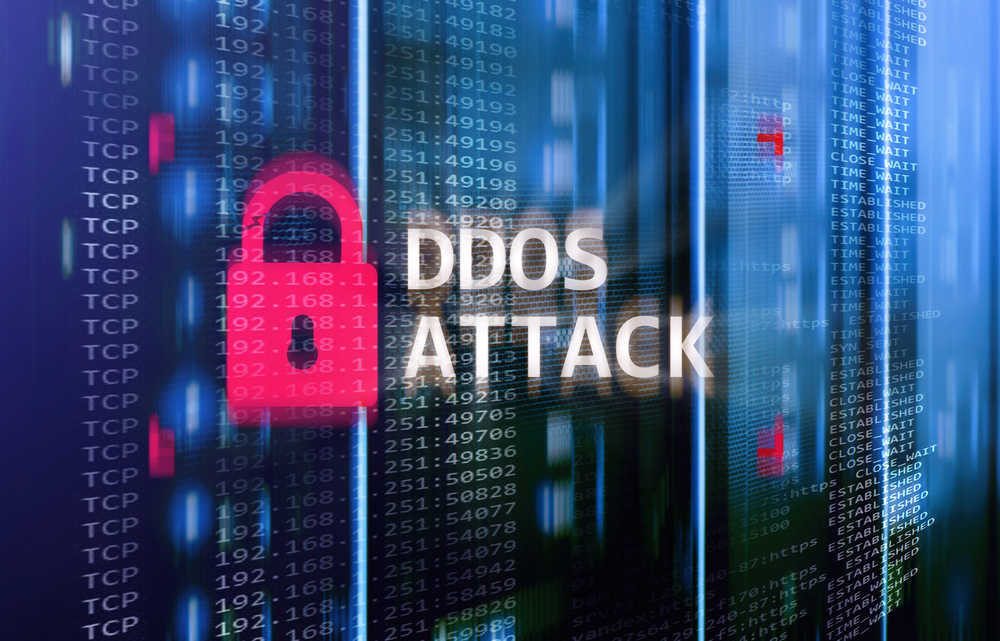
Politically motivated DDoS attacks target critical infrastructure
Distributed Denial of Service (DDoS) attacks have become a dominant means of waging cyberwarfare linked to socio-political events such as elections, civil protests and policy disputes, according to the latest DDoS Threat Intelligence Report from NetScout.
Throughout the year, DDoS attacks have been intricately tied to social and political events, including Israel experiencing a 2,844 percent surge linked to hostage rescues and political conflicts, Georgia enduring a 1,489 percent increase during the lead-up to the passage of the 'Russia Bill', and Mexico having a 218 percent increase during national elections.
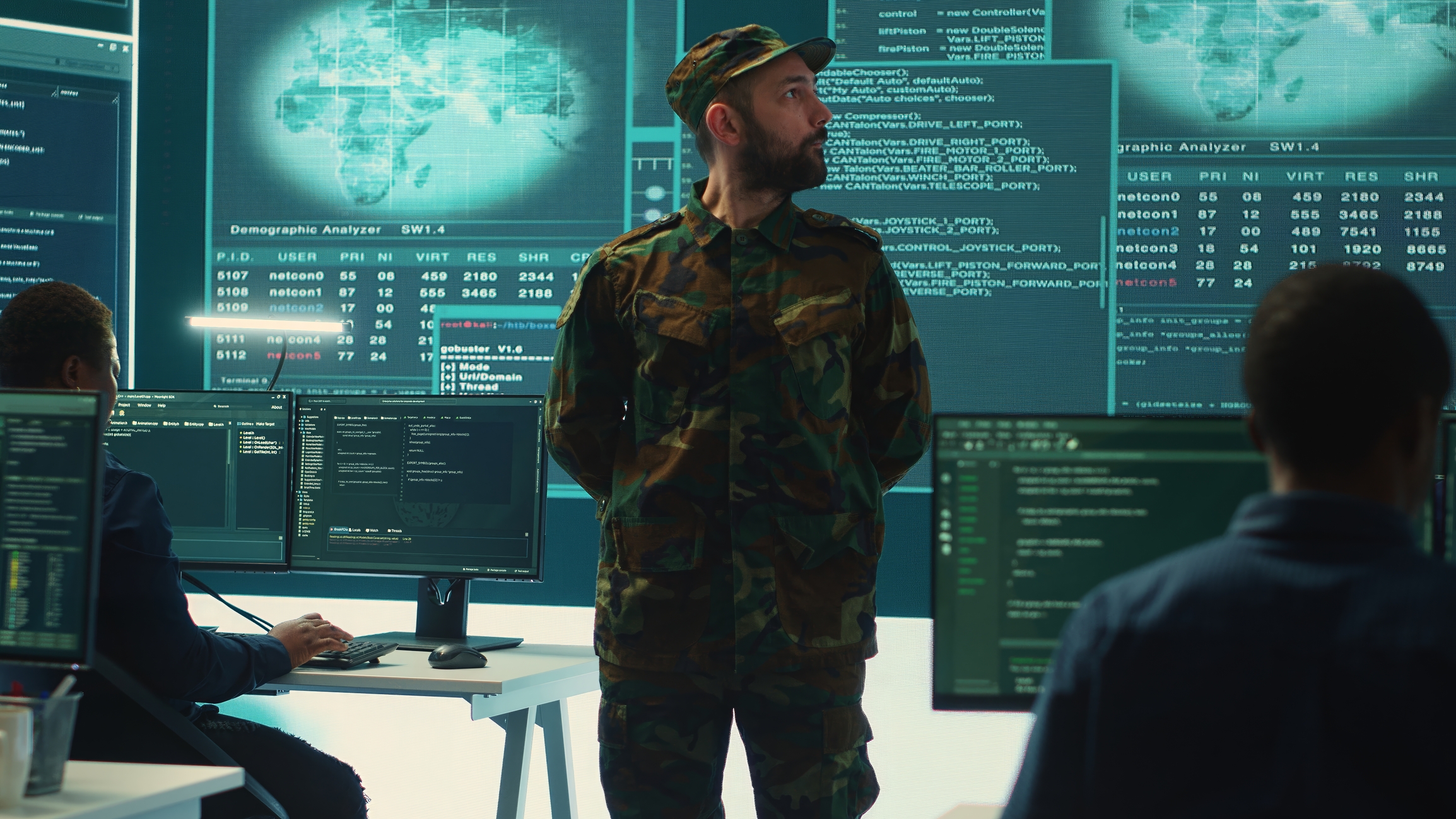
Cyberwarfare 2025: The rise of AI weapons, zero-days, and state-sponsored chaos
As we approach 2025, the notion of warfare is increasingly shifting from the physical to the digital domain. Cyberwarfare, once considered a supplementary tool for traditional military operations, has now emerged as a primary weapon for nations seeking to assert dominance or inflict damage on their adversaries without the need for physical conflict. Simply put, it is easier, requires fewer resources, and can often cause maximum damage without sustained efforts. The rise of AI-driven cyber weapons, zero-day vulnerabilities, and state-sponsored cyberattacks is creating an unprecedented era of digital warfare.
Nation-states and rogue factions are rapidly integrating cyberattacks into their military arsenals, with cyber operations becoming a first-strike option in geopolitical conflicts. By targeting critical infrastructure -- such as energy grids, communication networks, transportation systems, and supply chains -- these attacks can cripple an entire national infrastructure and create mass chaos without a single physical shot being fired. This shift toward cyber warfare reduces the immediate risk of physical casualties, and in turn allows state actors to engage in asymmetric warfare, where a smaller, technologically advanced nation can punch well above its weight.
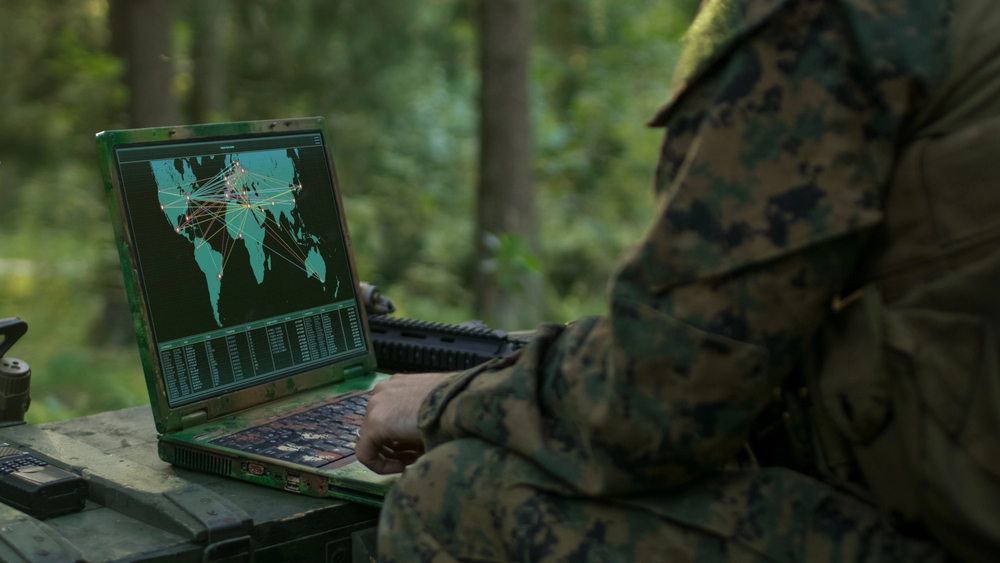
UK public worried about cyberwarfare
A new survey of 2,000 people in the UK for the International Cyber Expo shows that 72 percent believe that cyberwarfare is likely to be the next step in modern combat.
Over half of people (52 percent) said they believe cyberwarfare may be the next step in warfare combined with physical tactics.

Cyberwarfare incidents reported by almost half of UK firms
New research shows that 49 percent of UK businesses have reported cyberwarfare incidents to the authorities.
The report from Armis also shows 52 percent of UK IT leaders believe the government can't defend its citizens and enterprises against an act of cyberwarfare.
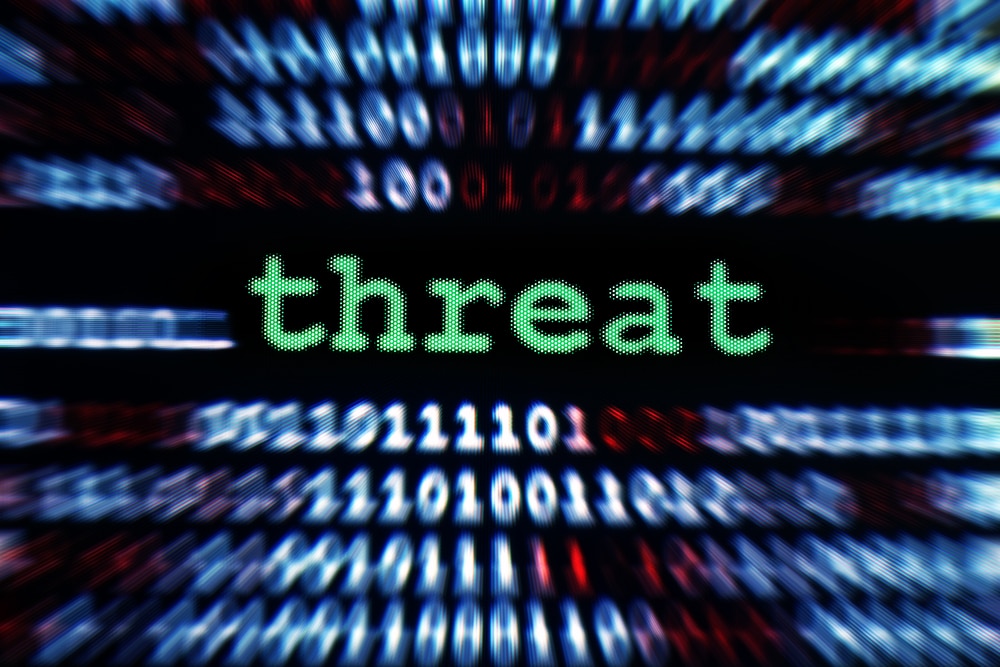
The evolution of cyber threat tactics [Q&A]
Data breaches and cyberattacks are seldom far from the news, and it's an area that seldom stands still for long.
We spoke to founder and CEO of White Knight Labs, Greg Hatcher, to discuss how threat tactics are evolving and what organizations can do to protect themselves.

Organizations not prepared for cyberwarfare
According to a new study, 33 percent of global organizations are not taking the threat of cyberwarfare seriously.
The report, from asset visibility and security company Armis, is based on a survey of over 6,000 IT and security professionals around the world and finds 24 percent feel under prepared to handle cyberwarfare. Indeed, the lowest-ranking security element in the eyes of IT professionals is preventing nation-state attacks (22 percent).
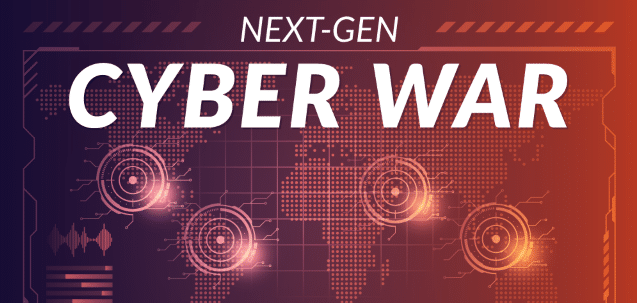
Are we heading for a cyber war?
We've already seen that cyberattacks have played a role in the war in Ukraine. But what about the prospect of more widespread cyber warfare. Could Ukraine be just a testing ground?
Education advice site Security Degree Hub has produced an infographic looking at the prospects of a cyber war and what it might look like.

Two thirds of companies think they may have been targets of a nation-state cyberattack
New research from Venafi into the rise of nation-state cyberattacks and their links to geopolitics has revealed that two-thirds (64 percent) of security decision-makers suspect that their organization has been directly targeted or impacted by a nation state attack.
In addition, 77 percent believe we're in a perpetual state of cyberwar, while 66 percent of companies say they have changed their security strategy as a direct response to the war in Ukraine.

Why we need to take the threat of cyberwarfare seriously [Q&A]
The age of what might be called the hobbyist hacker is long gone, replaced by a much more serious trend towards organized crime and nation states being behind hacking and cyberattacks.
In an era where data can be weaponized, both businesses and governments need to take the threat seriously. It's important for security teams to understand how attacks are carried out and the motivations that lie behind them.
